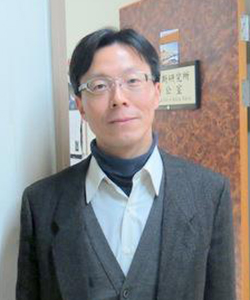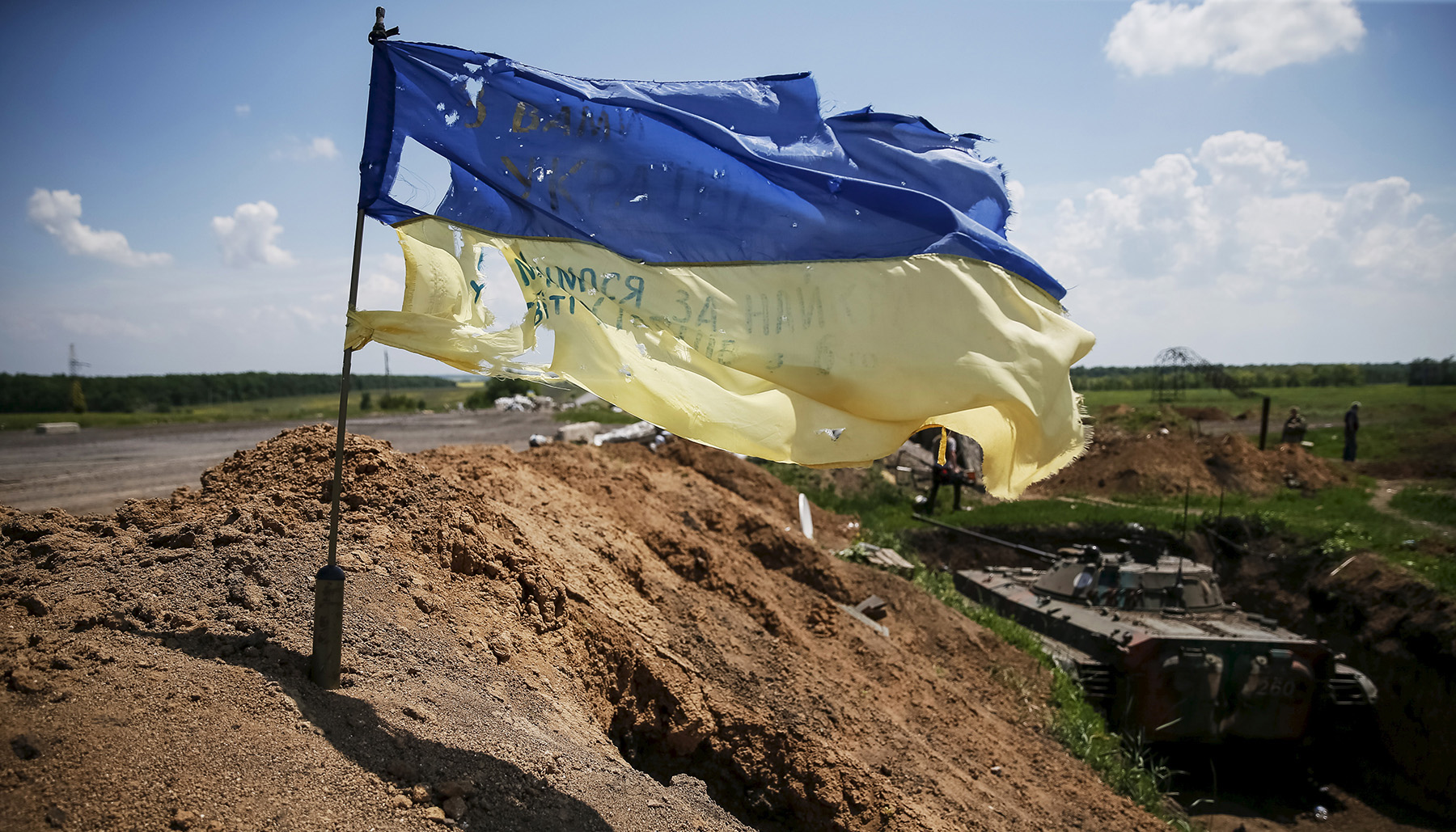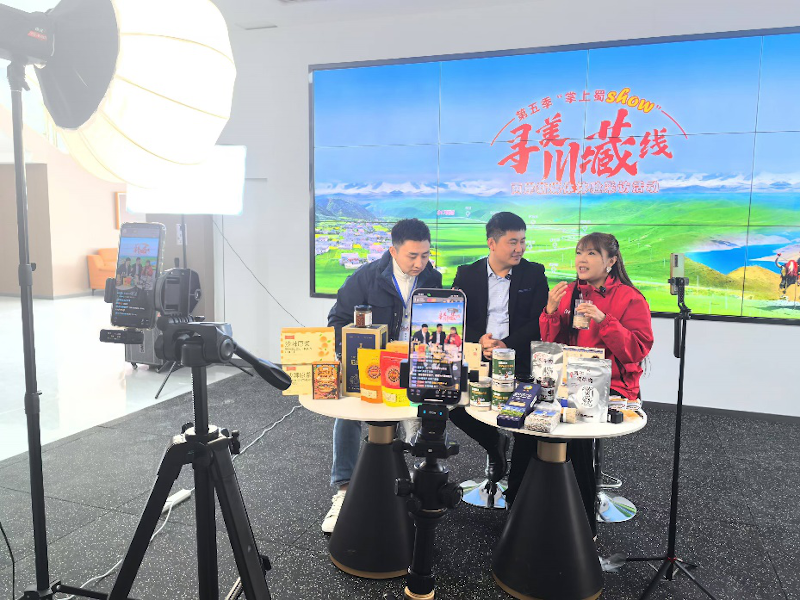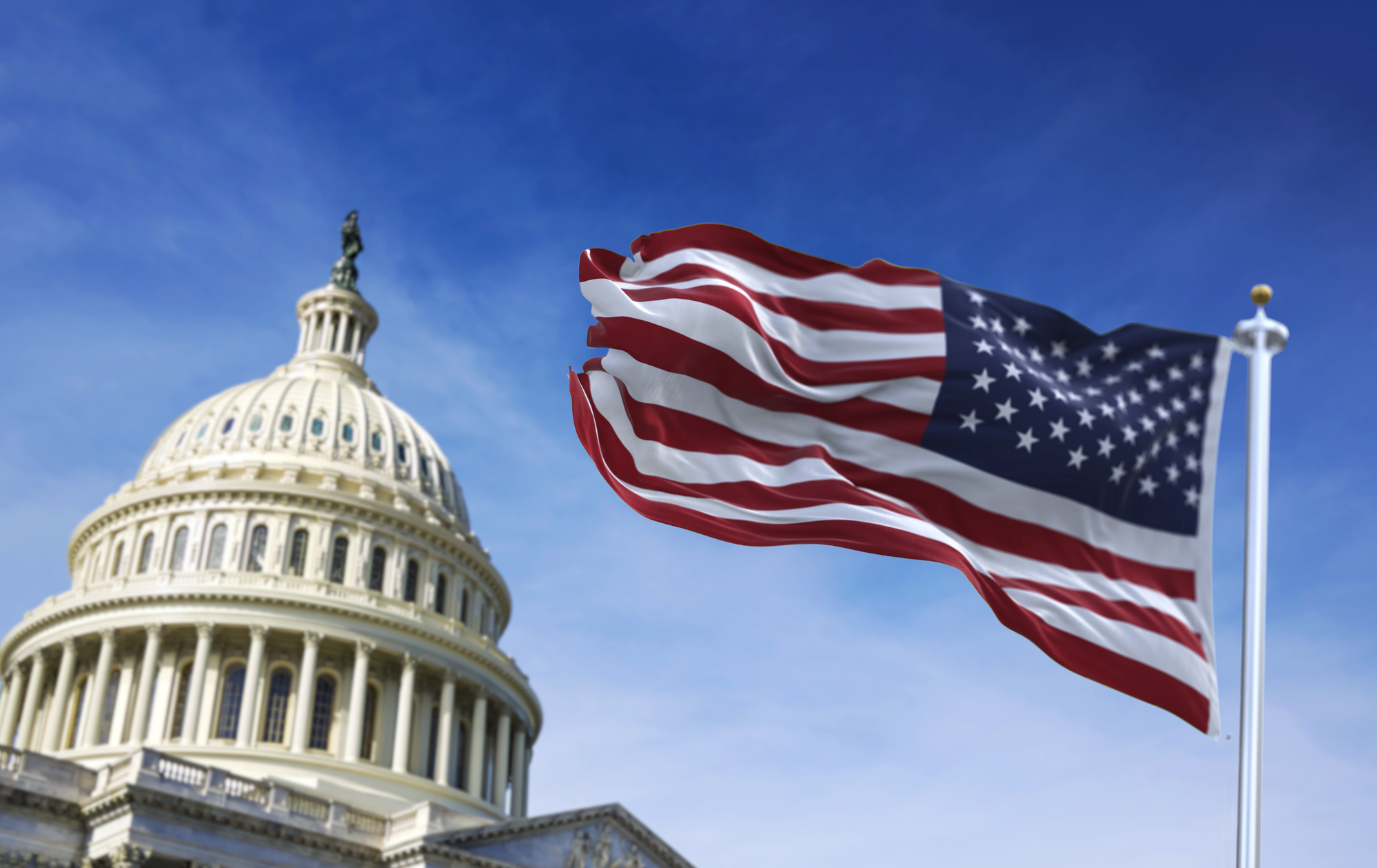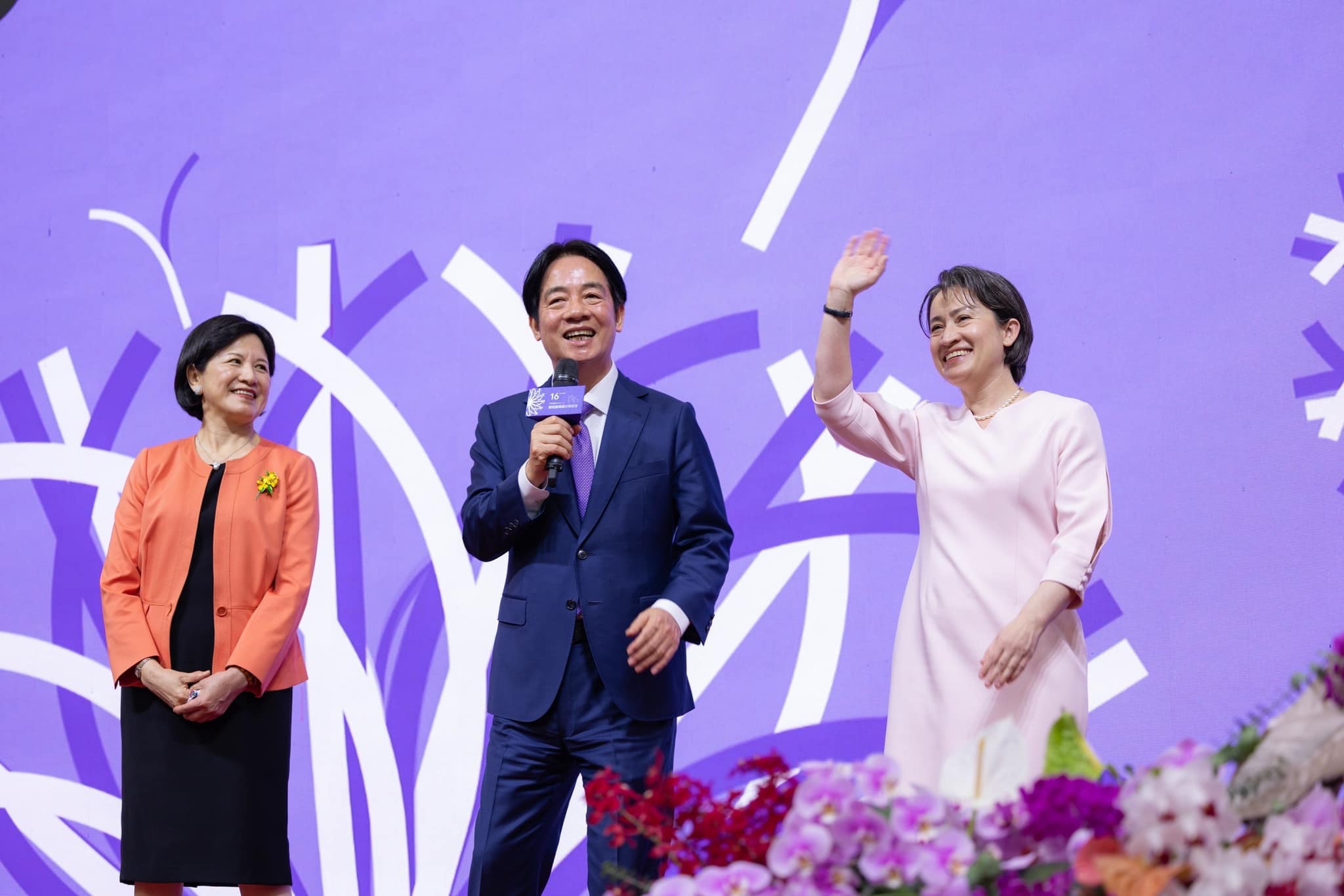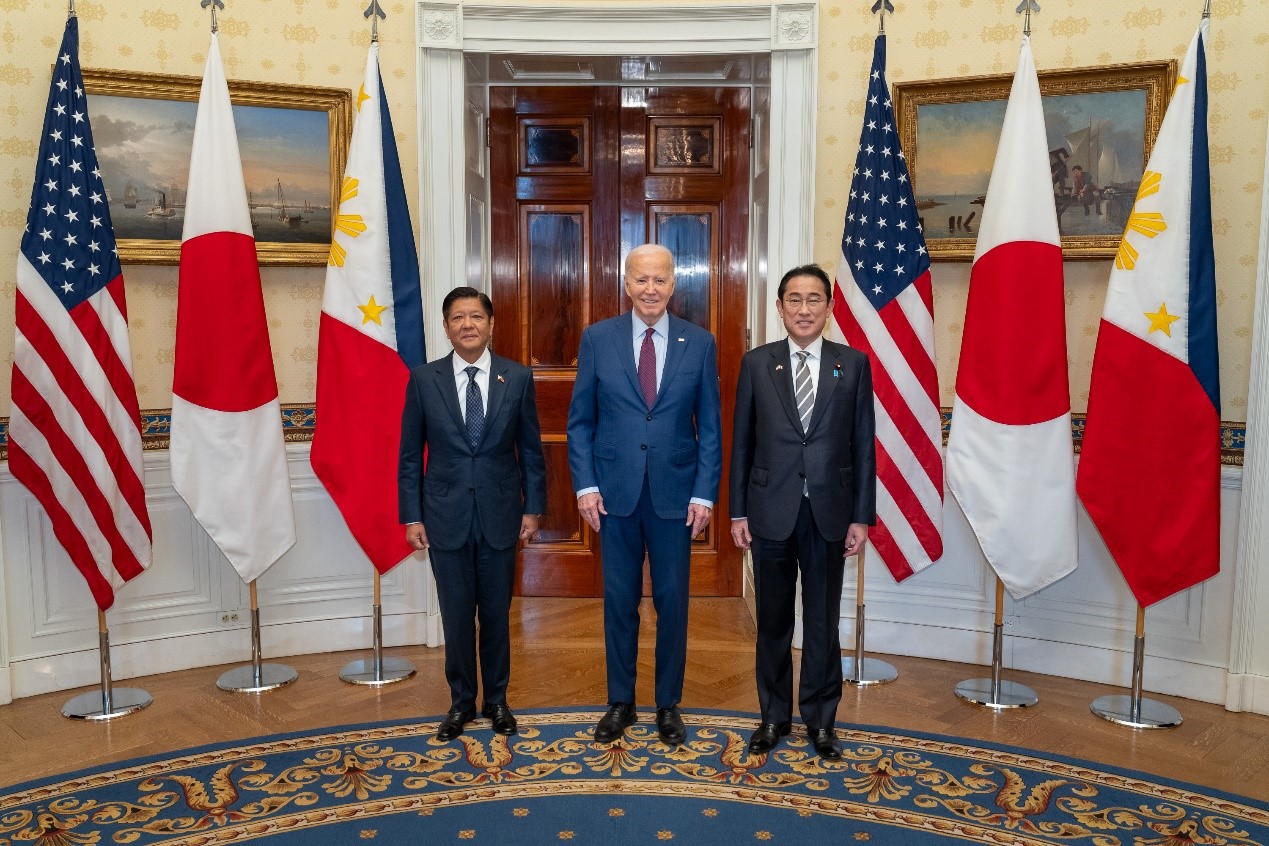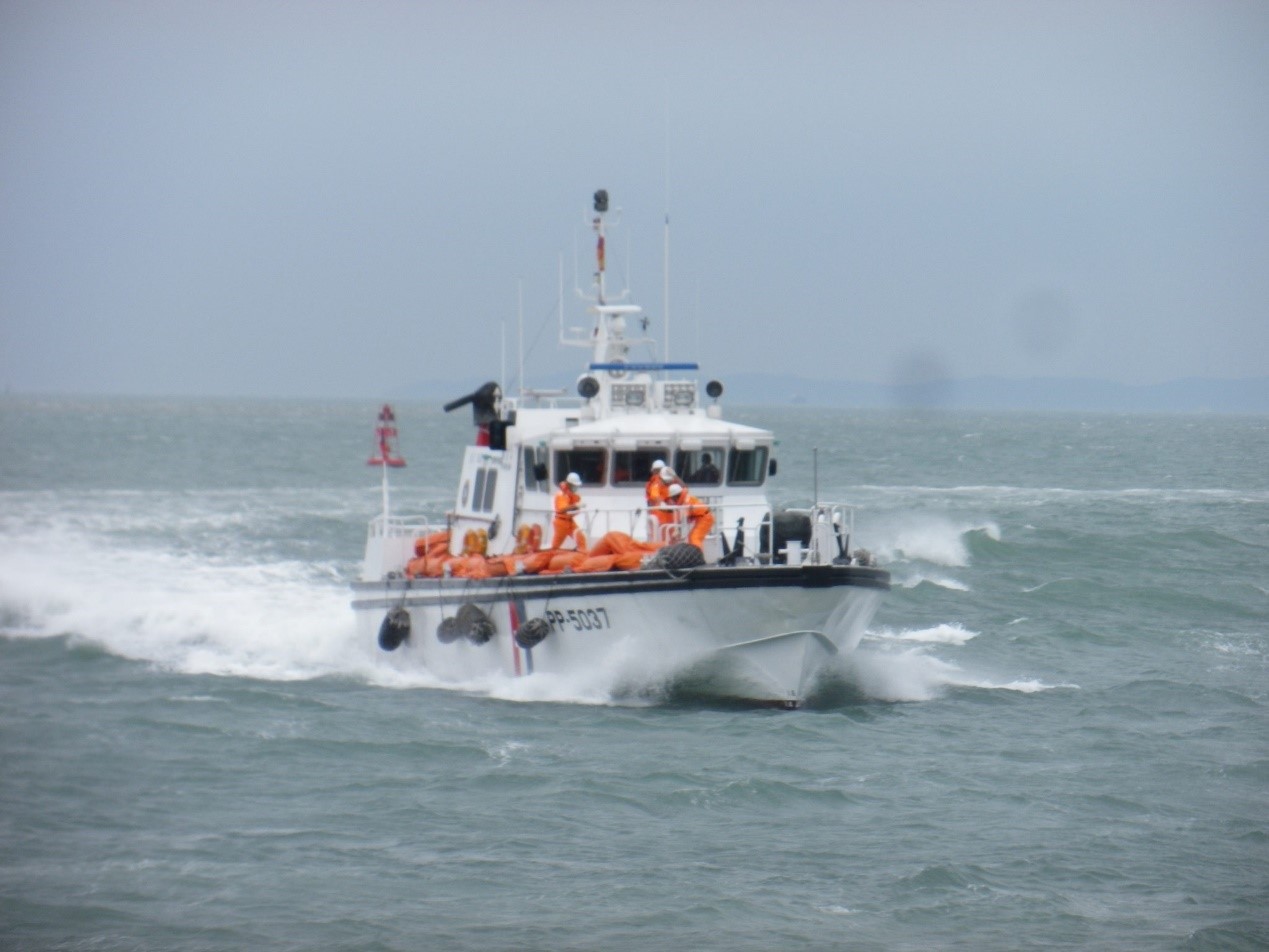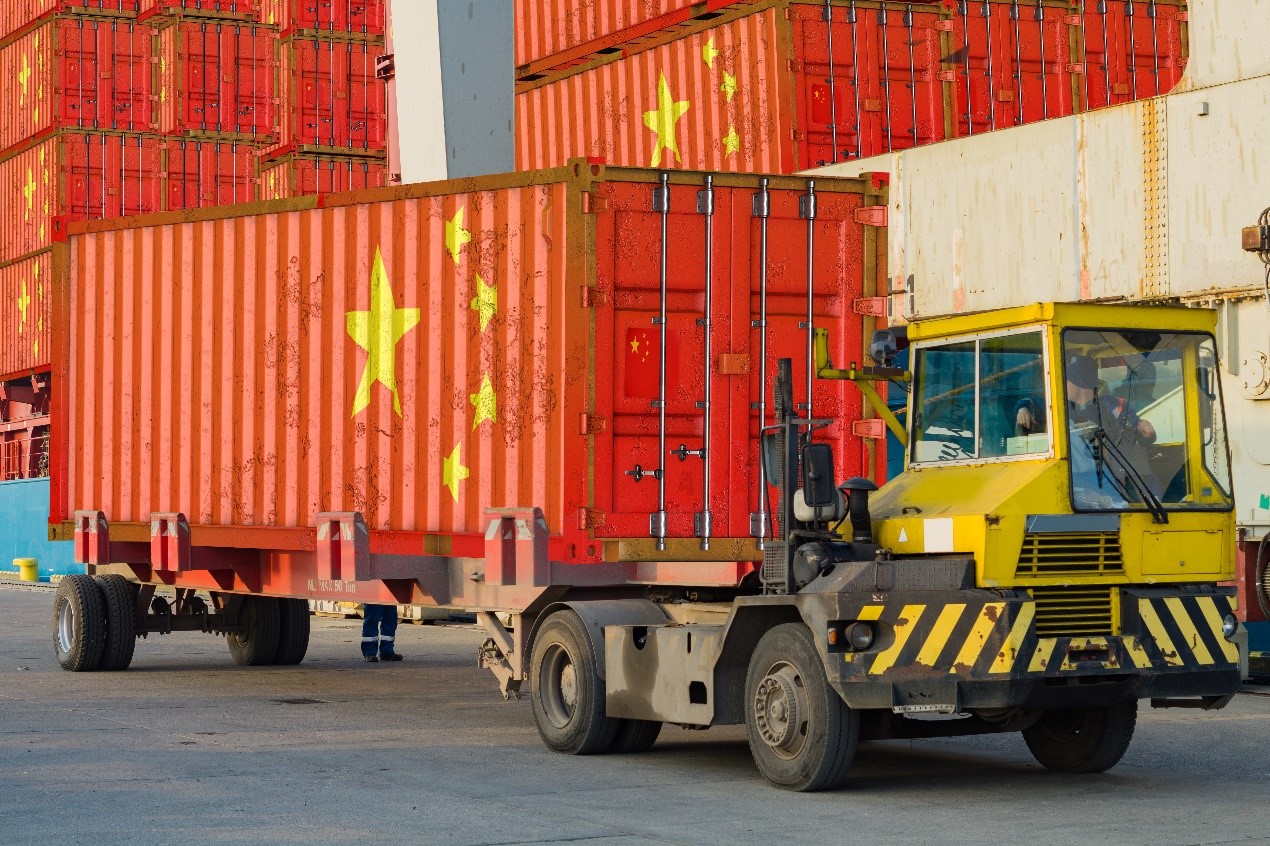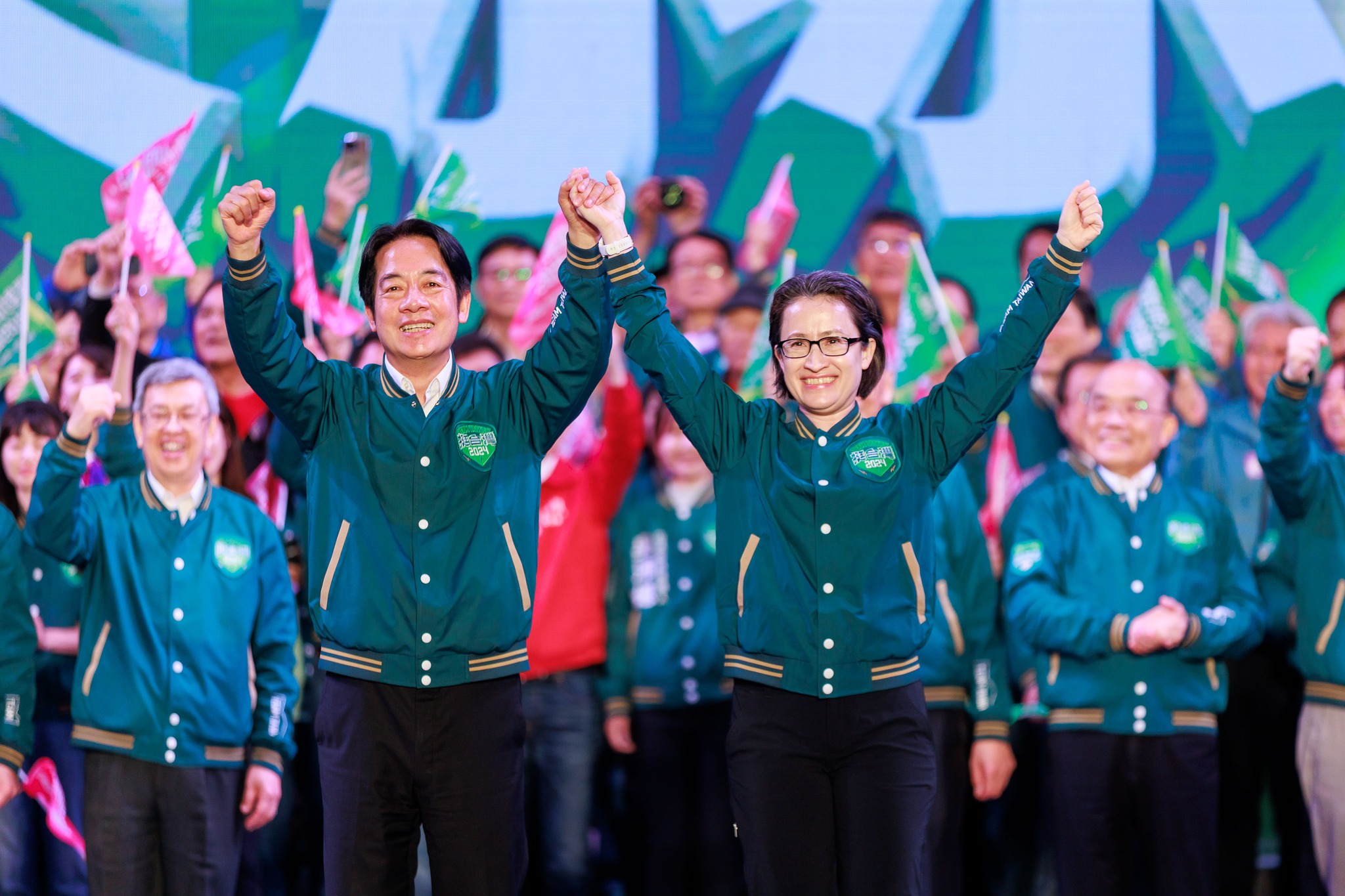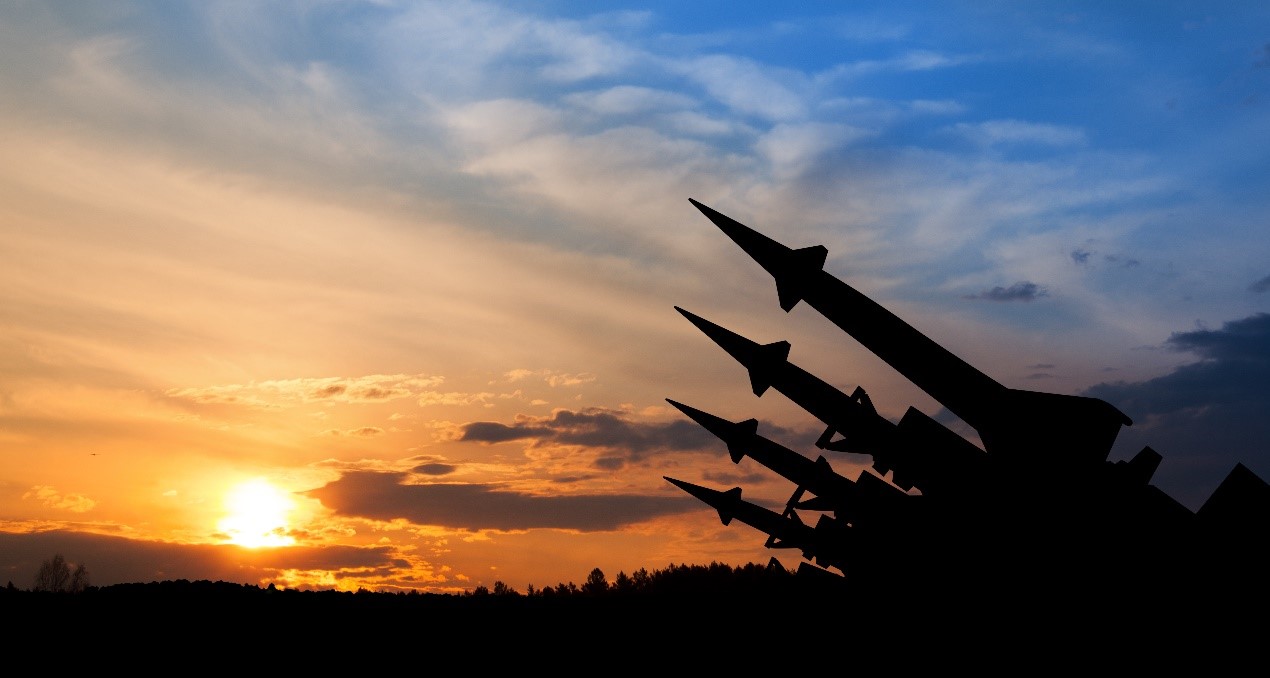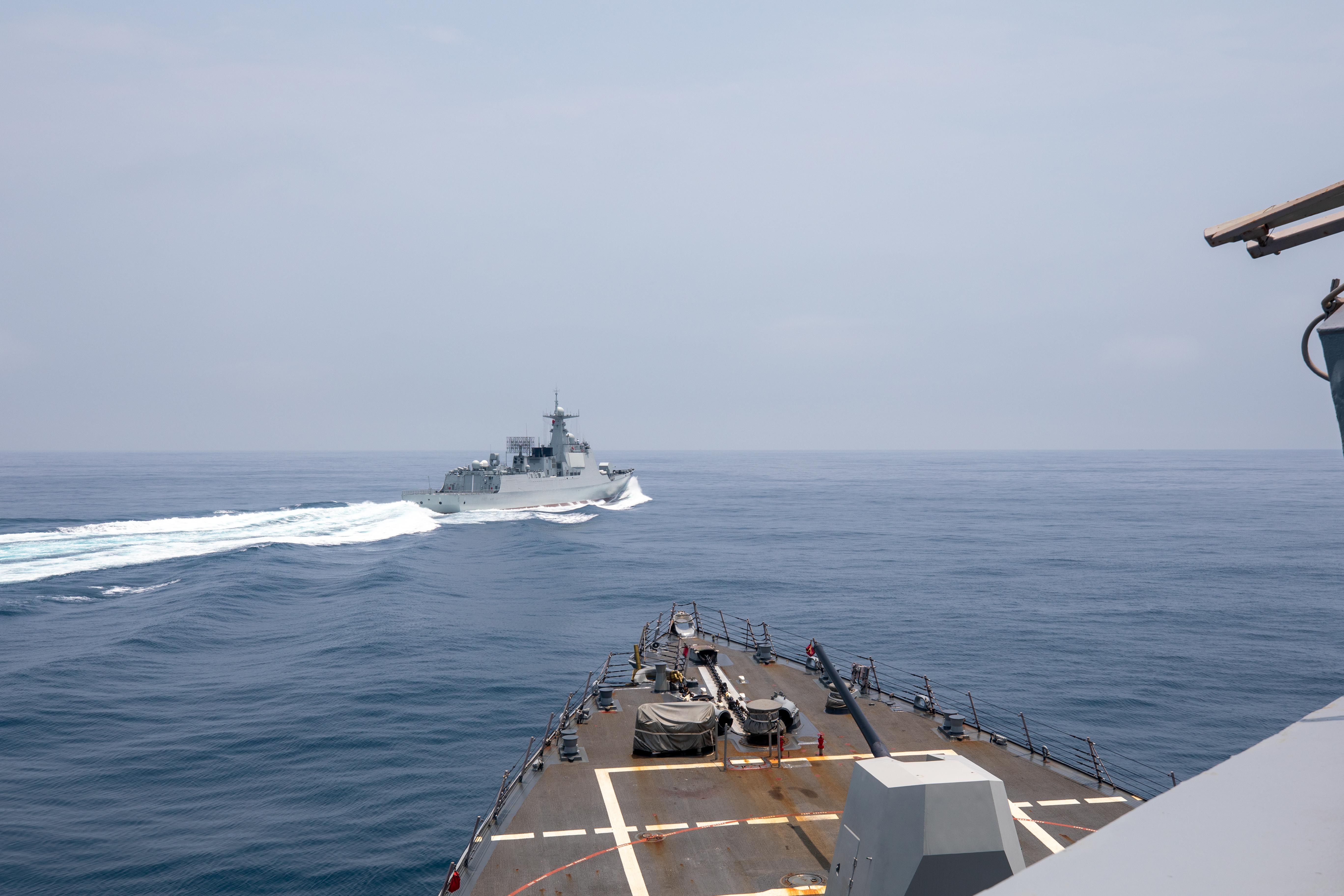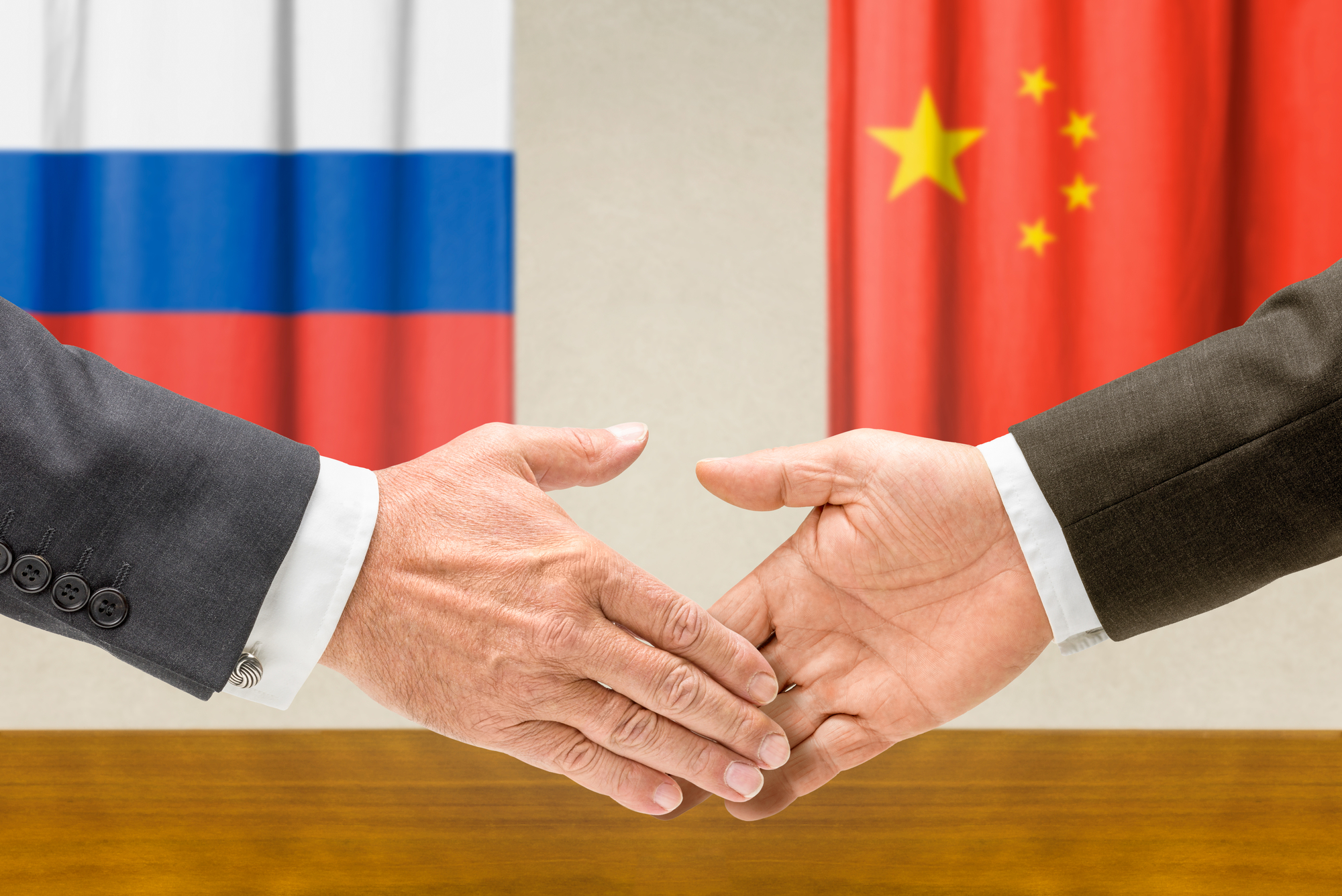If Russia invaded Ukraine, Taiwan would be forced to take a position. Taiwan must increase the volume of its strategic petroleum reserves and find an alternative supplier of raw materials in advance. Picture source: Global Conflict Tracker, CFR,
Prospects & Perspectives 2022 No. 6
The Russia-Ukraine Crisis: Implications for Taiwan
By Paiku Wei
February 8, 2022
With more than 100,000 Russian troops deployed along the border with Ukraine, tensions were running high after the Pentagon said on February 3 that it had evidence of a plan by Moscow to film a fake Ukrainian attack on Russians to justify an actual assault.
Despite this, the West and Russia are still willing to seek a diplomatic pathway to de-escalate the situation and resolve the crisis. For instance, French President Emmanuel Macron was set to meet Russian President Vladimir Putin on February 7 and German Chancellor Olaf Scholz has also indicated he intends to visit Moscow soon.
Military deployments clearly demonstrate Putin’s brinkmanship strategy. Those include troop deployments along Ukrainian borders and military exercises with the Belarusian army. Putin is also good at using the diplomatic approach. He met not only Western leaders such as U.S. president Joe Biden, but also Eastern leaders such as Chinese President Xi Jinping.
Moscow Gains Support from Beijing
China has joined Russia in opposing further NATO expansion. President Putin participated in the opening ceremony of the Olympic Winter Games in Beijing on February 4. Meanwhile, Putin and Xi held talks and issued a joint statement. According to the statement, China has expressed support for Russia in opposing the further enlargement of NATO. In addition, the Chinese side is sympathetic to and supports Russia’s proposals to create long-term, legally binding security guarantees in Europe.
Moscow also received a Chinese contract to export its natural gas. The West has threatened to impose new sanctions on Moscow; one of the proposals is to further delay formal approval for the Nord Stream 2 pipeline to begin operations. Nevertheless, Putin confirmed the new deal to supply 10 billion cubic meters of gas per year to China during his meeting with Xi in Beijing. This energy deal is a 30-year contract and would be settled in euros, in line with efforts by the two states to diversify away from the U.S. dollar.
Monitoring the Situation and Possible Impact
Set up a task force to monitor the situation in Ukraine. Taiwanese President Tsai Ing-wen convened a high-level national security meeting on January 28 to discuss the situation in Ukraine and its possible impact on the situation in the Taiwan Strait. As the situation is dynamic and may change at any time, President Tsai has also directed the National Security Council to form a Ukraine task force that will closely monitor developments in eastern Ukraine and any possible impact on Taiwan’s national security.
Study Russian “false-flag” operations in Ukraine. U.S. Department of Defense spokesman John Kirby recently said that Russian operatives were planning a “false-flag” operation designed to look like an attack on them or Russian-speaking people in Ukraine as a pretext for invasion. Furthermore, Kyiv also accused Moscow of being behind a cyber attack on dozens of official websites. Moreover, Russian-language posts on social media accusing Ukraine and its Western backers of planning attacks appeared at the rate of 3,500 per day in December 2021, a 200% increase from the daily average in November, according to a report in the Guardian newspaper. Taiwan should study the cases learned from Ukraine and conduct exercises to prevent “false-flag” operations. Additionally, Taiwan must strengthen protections against potential cyber attacks and upgrade its capabilities to counter disinformation.
Invite Ukraine to take part in the Global Cooperation and Training Framework (GCTF). Taiwan has faced military threats from China for a long time and can therefore empathize with the situation in Ukraine. Furthermore, Taipei should consider giving a hand to Kyiv. One possible avenue would be the GCTF platform. Over the years, GCTF has provided extensive training on a diverse collection of topics, such as media literacy, public health, disaster relief, and women’s empowerment. As such, Taiwan could invite participants from Ukraine to join in future media literacy training programs. It could also co-host a program on cyber security to share Taiwan’s expertise.
Estimate the impact of economic sanctions on Russia in advance. In 2021, According to the Ministry of Economic Affairs’ Bureau of Foreign Trade, the total amount of Taiwan-Russia trade was estimated at US$6.3 billion. The volume of Taiwan’s exports to Russia was nearly US$1.3 billion, while Taiwan imports from Russia were approximately US$5 billion. Russia was Taiwan’s 19th largest trading partner, representing 0.76% of Taiwan’s total trade. Russia has become a vital source of raw materials, such as mineral fuels, iron, steel, and aluminum. In 2021, imports of those raw materials jumped to 94% of all imports from Russia. If Russia invaded Ukraine, Taiwan would be forced to take a position. Would it follow the step of the West in boycotting Russian products, or maintain neutrality? In either case, Taiwan must increase the volume of its strategic petroleum reserves and find an alternative supplier of raw materials in advance, especially if it wants to join the group that imposes sanctions on Moscow.
(Dr. Wei is Associate Professor, Graduate Institute of Russian Studies, National Chengchi University)

